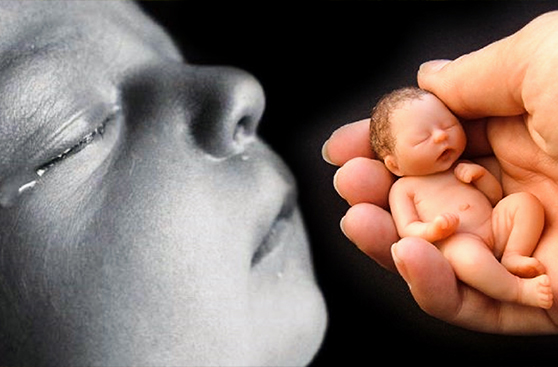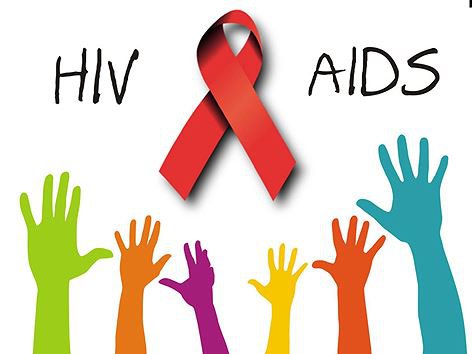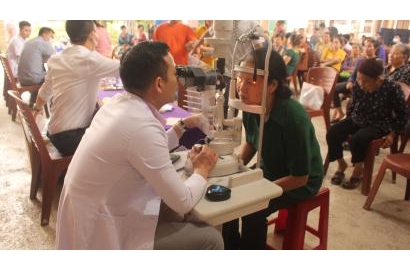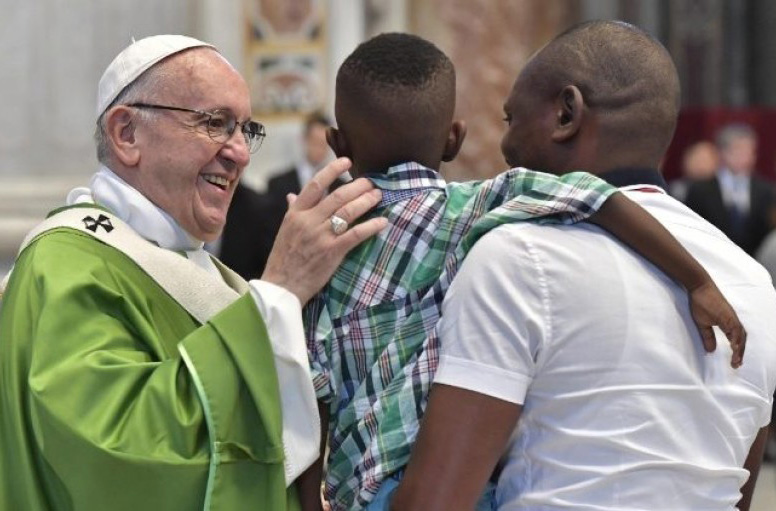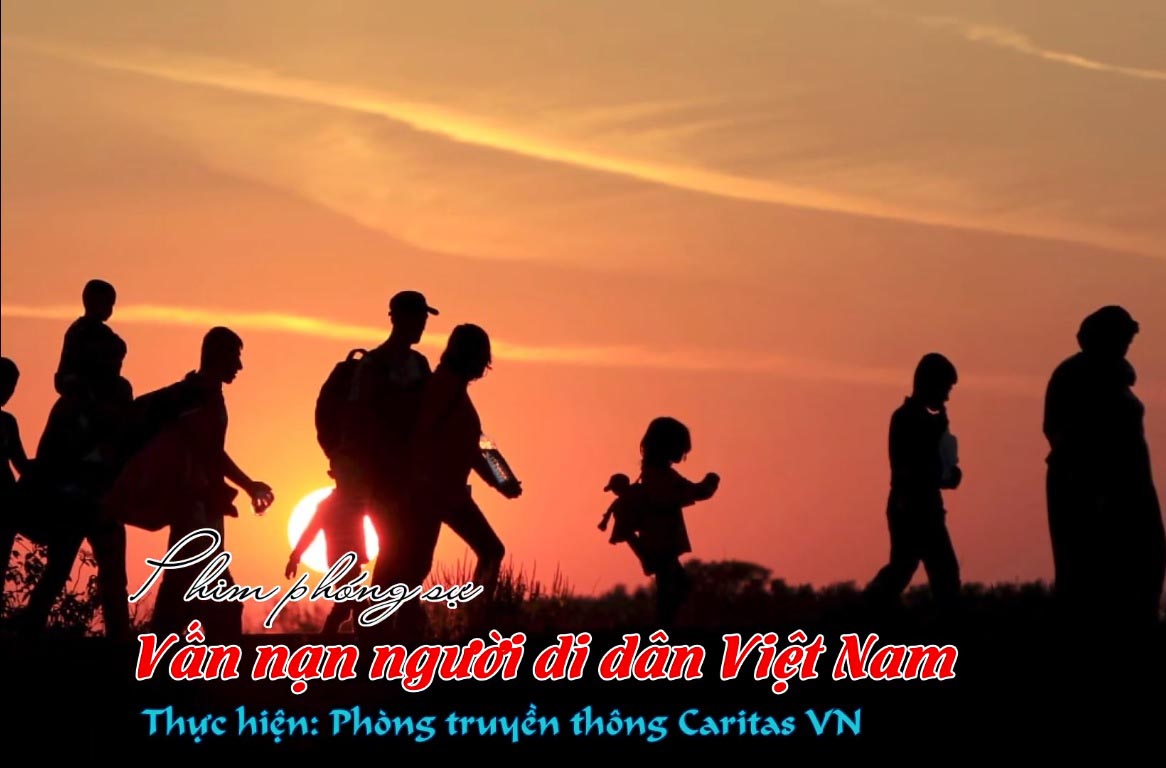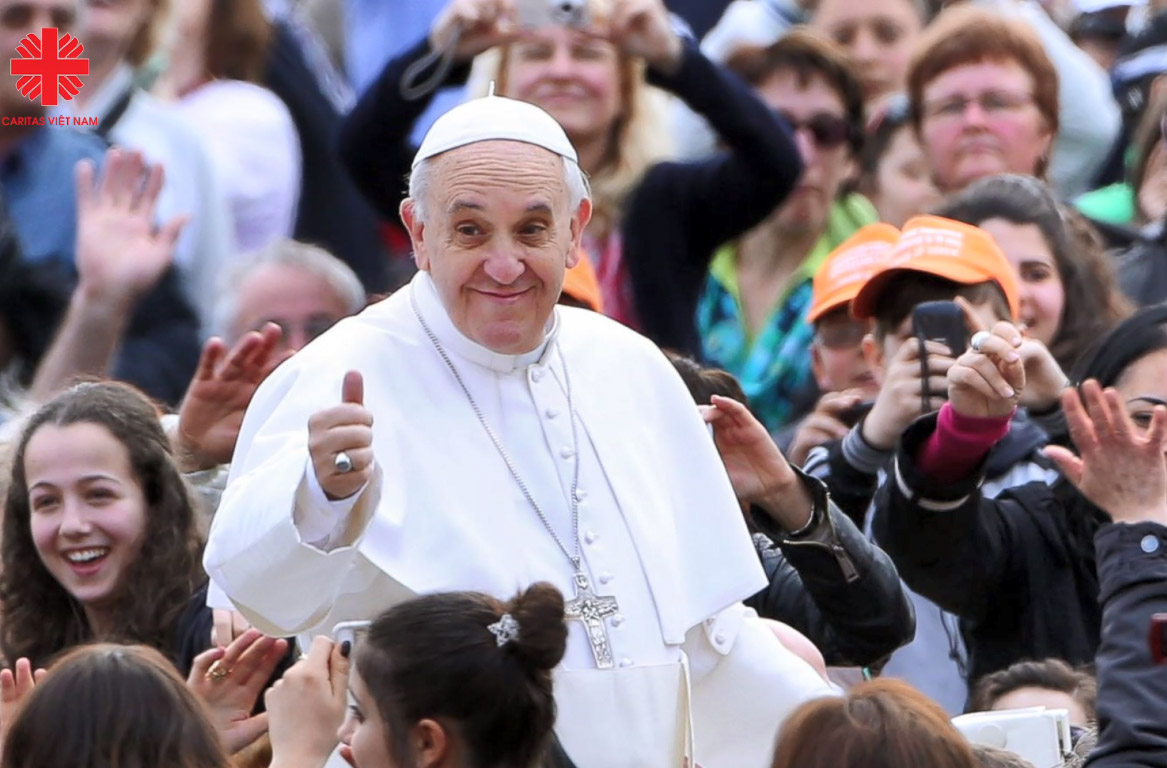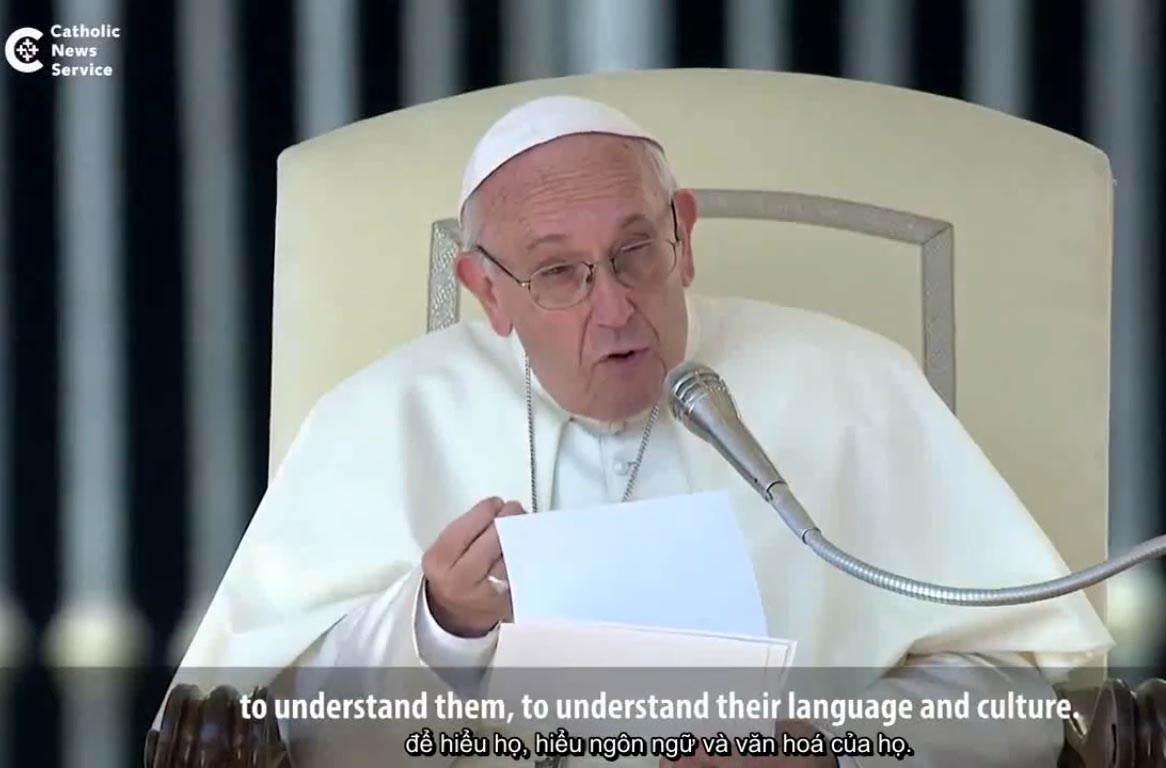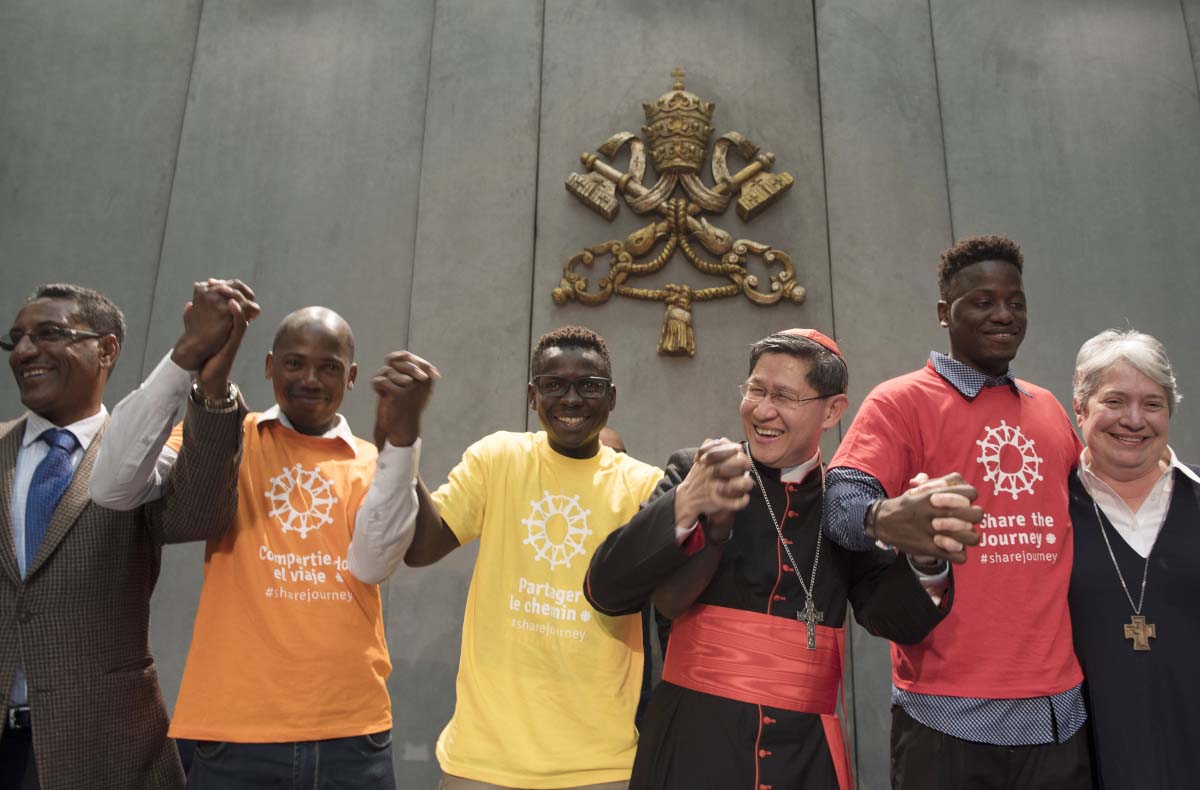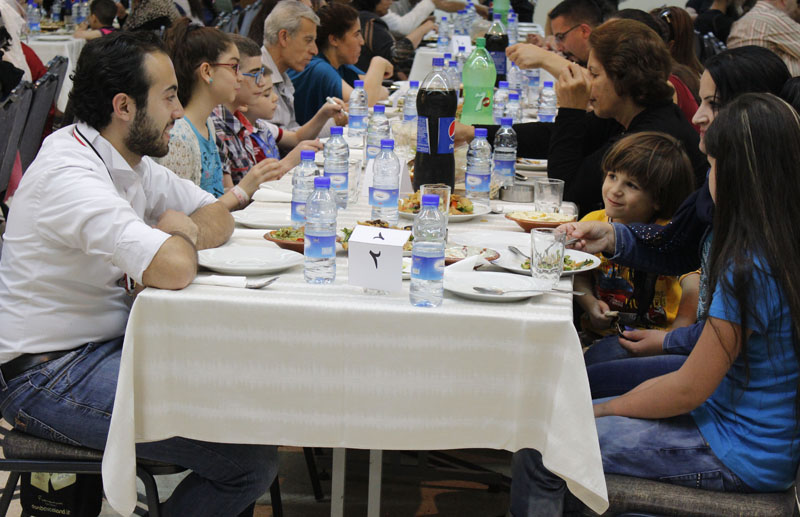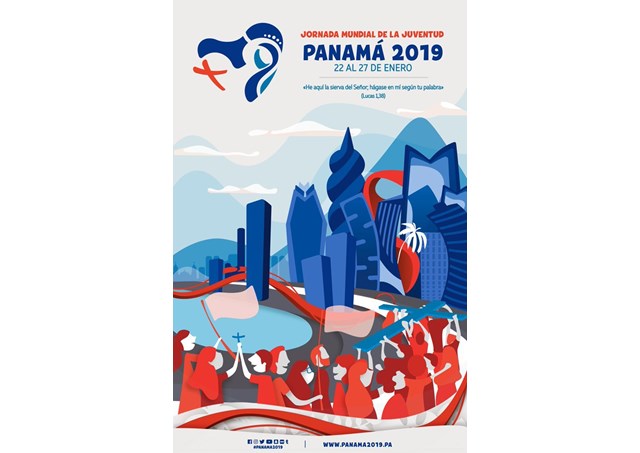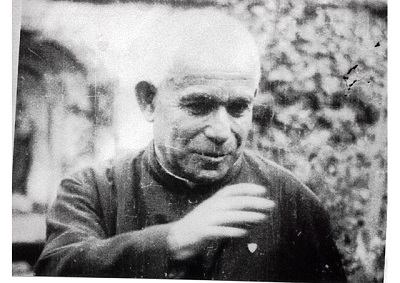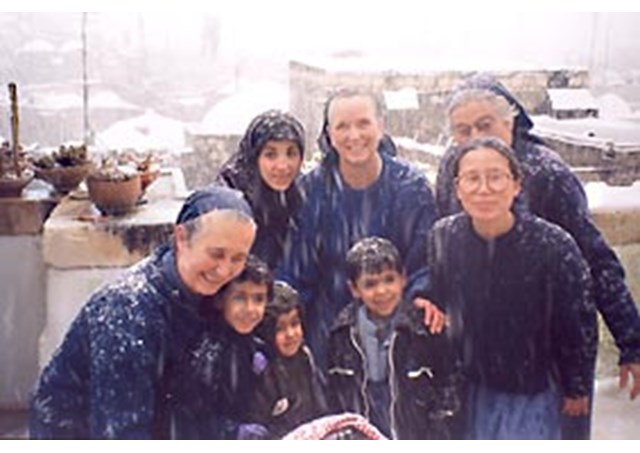Đức tin và tôn giáo trong hành động nhân đạo
Faith and religion in humanitarian action In the Philippines, my country, disasters are sadly too frequent. The cost is often great in term of lives lost, livelihoods ruined and infrastructure destroyed. Yet, what these communities have in abundance are faith and hope. These two things drive them on to pick themselves and to rebuild their lives. They’re supported by local civil society, including faith-based organisations.
Together these grassroots organisations are a key part to humanitarian responses to the chaos of natural and man-made disasters. They’re on the ground, a vital part of communities before any disaster happens and still there long after any emergency has been forgotten. They’re part of the communities who are suffering and are there to serve and comfort. They have the knowledge and the know how to make a difference.

Photo by Val Morgan/SCIAF
However, the humanitarian system of donors and UN agencies fails too often to respect or engage with local organisations, including faith leadership and institutions. They tend to lead from the top rather than valuing the experience and practices of those who are already working in communities. This way of working is neither inefficient and ineffective and it fails to respect the communities who need to be served and lacks a global vision where everyone is supported in becoming “dignified agents of their own destiny”.
The World Humanitarian Summit is an opportunity to address this. We need to improve cooperation in the humanitarian sector: to give national and local organisations the support so they can lead with their grassroots’ experience and wisdom rather than follow some one-size-fits-all model.
We need to improve partnerships, coordination and support. We need to ensure the resources are there at the grassroots. The Charter4Charge sets out a goal that 20 percent of the signatories’ humanitarian funding will be passed on to southern-based NGOs by 2018 and that the NGOs will also be given direct access to donors. This is a bare minimum. The bar needs to be much higher.
Local institutions offer extensive networks of critical infrastructure that serve as a source of shelter, care and education to affected populations. These networks must be invested in and strengthened so they can withstand crises, as opposed to being seen as parallel to public service provision – especially when the latter is already stretched beyond capacity.
Donors should direct their resources increasingly to these local efforts and to efforts that directly feed in to grassroots’ action.
We need and want long-term, multi-sectoral partnerships that prepare communities for disasters and help them fully recover. We have already seen the effective use of technology and cash assistance by local faith organisations. They should be seen as sources for expanding the appropriate use of innovation that doesn’t take away a focus of keeping affected persons at the centre. The system must be willing to invest in the long-term capacity of those organisations so their legitimacy can be is bolstered by training, infrastructure and systems development.
The type of partnership I’m talking about already exists and is flourishing in some places. In Ebola-hit countries for example, Caritas worked with the WHO to organise safe and dignified burial programmes, bringing in the faith perspective.
We saw the promise of long-term and profound change last year with the adoption of a new global climate agreement in Paris and with the launch of the Sustainable Development Goals in New York.
This year the World Humanitarian Summit offers us the chance to redress the structure of power and control in the humanitarian system and to give local organisations their rightful seat at the table. Let us seize this chance to create a vision for humanitarian response where local communities and the organisations that support them are the cornerstone of any humanitarian response.
Pope Benedict XVI said on his trip to the United Kingdom, “Where human lives are concerned, time is always short: yet the world has witnessed the vast resources that governments can draw upon to rescue financial institutions deemed ‘too big to fail’. Surely the integral human development of the world’s peoples is no less important: here is an enterprise, worthy of the world’s attention, that is truly ‘too big to fail’.”
From a speech given at the “Global Solidarity Event at the Vatican: Reaffirming Global Solidarity, Restoring humanity hosted by the Pontifical Academy of Social Sciences and the UN Secretary-General’s High-Level Panel on Humanitarian Financing.
The List of Contributions Received by Caritas Vietnam
1. The list of 2024 contributions to the Caritas Vietnam general charity fund
2. The list of 2023 contributions to the Caritas Vietnam general charity fund
Latest project information
Copyright © 2018 by COMMISSION on CHARITY and SOCIAL ACTIONS - CARITAS VIETNAM
Total visits: 29,231,192


